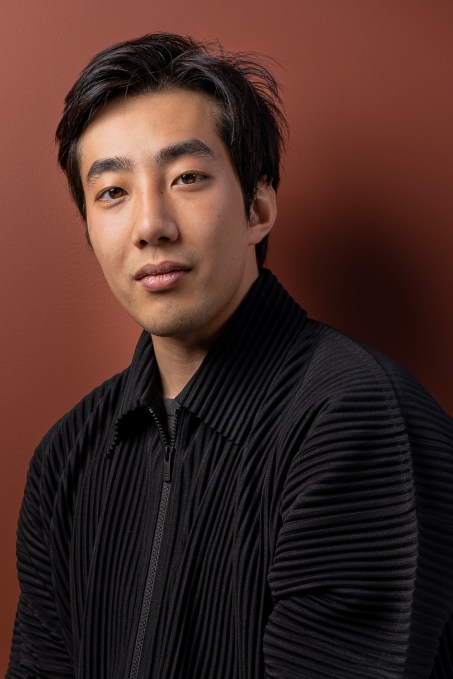Generation Prime, a startup that wants to make IVF and other fertility services more accessible to patients in Asia, is launching its first two clinics in Bangkok and Kuala Lumpur. The company also announced seed funding led by Recharge Capital, which incubated it, with participation from Thiel Capital, Shamrock Holdings, the Disney family’s investment vehicle and Blue Lion Global.
Generation Prime describes itself as the first “full-stack, closed-loop IVF health services clinic” in Southeast Asia, which means that IVF services will be provided through digital and physical channels, starting with initial consultations and including egg and sperm freezing, diagnosis, testing, IVF and surrogacy. The clinics expect to serve both patients who live locally, as well as those traveling from other countries, like China, for fertility services.
Over the next three years, Generation Prime plans to open a total of 15 clinics in Thailand, Malaysia and Singapore. Lorin Gu, a founding partner at Recharge Capital, said the firm incubated Generation Prime because people in Asia want options and flexibility for family planning, but often do not have access to fertility services in the countries where they live.

Recharge Capital founding partner Lorin Gu. Image Credits: Recharge Capital
“Across Asia and Southeast Asia, the different legal structures have created a highly fragmented industry,” he said. He added that studies show by 2045, close to half of couples are expected to use IVF to start their families. “Despite these markers, female health conditions totaled just 1% of pharmaceutical research funding in 2020.”
Generation Prime expects about 70% of its clients to be medical tourists from China, and 30% to be local patients. “This is not because local patients are not actively using IVF services, but mainly because of the sheer population of China and the unmet demands that exist in the country,” said Gu. “In addition, China does not allow many of the IVF procedures that are currently desired by patients seeking more robust family planning services, and as a result, a large number of patients have been pushed into the Southeast Asian market.”
